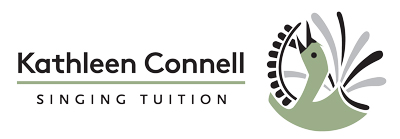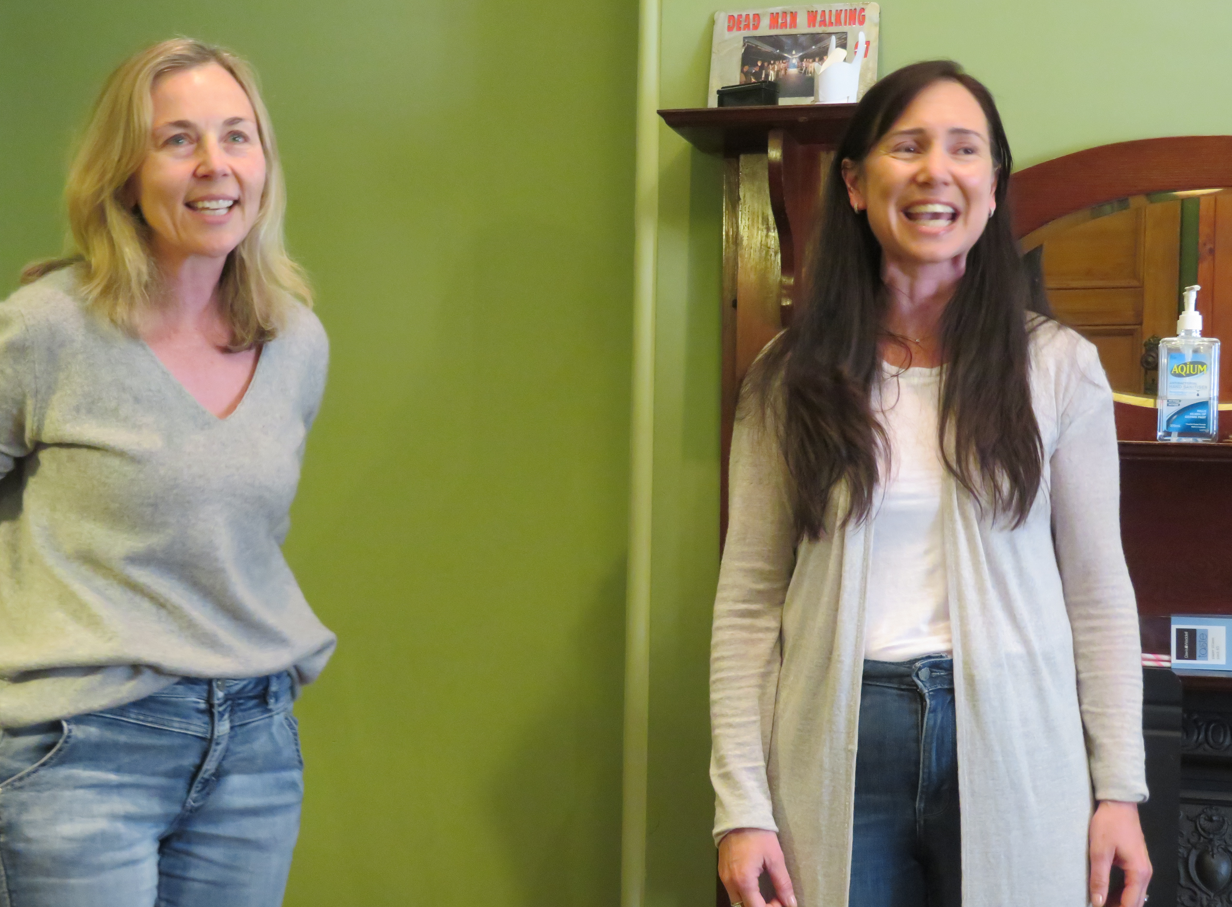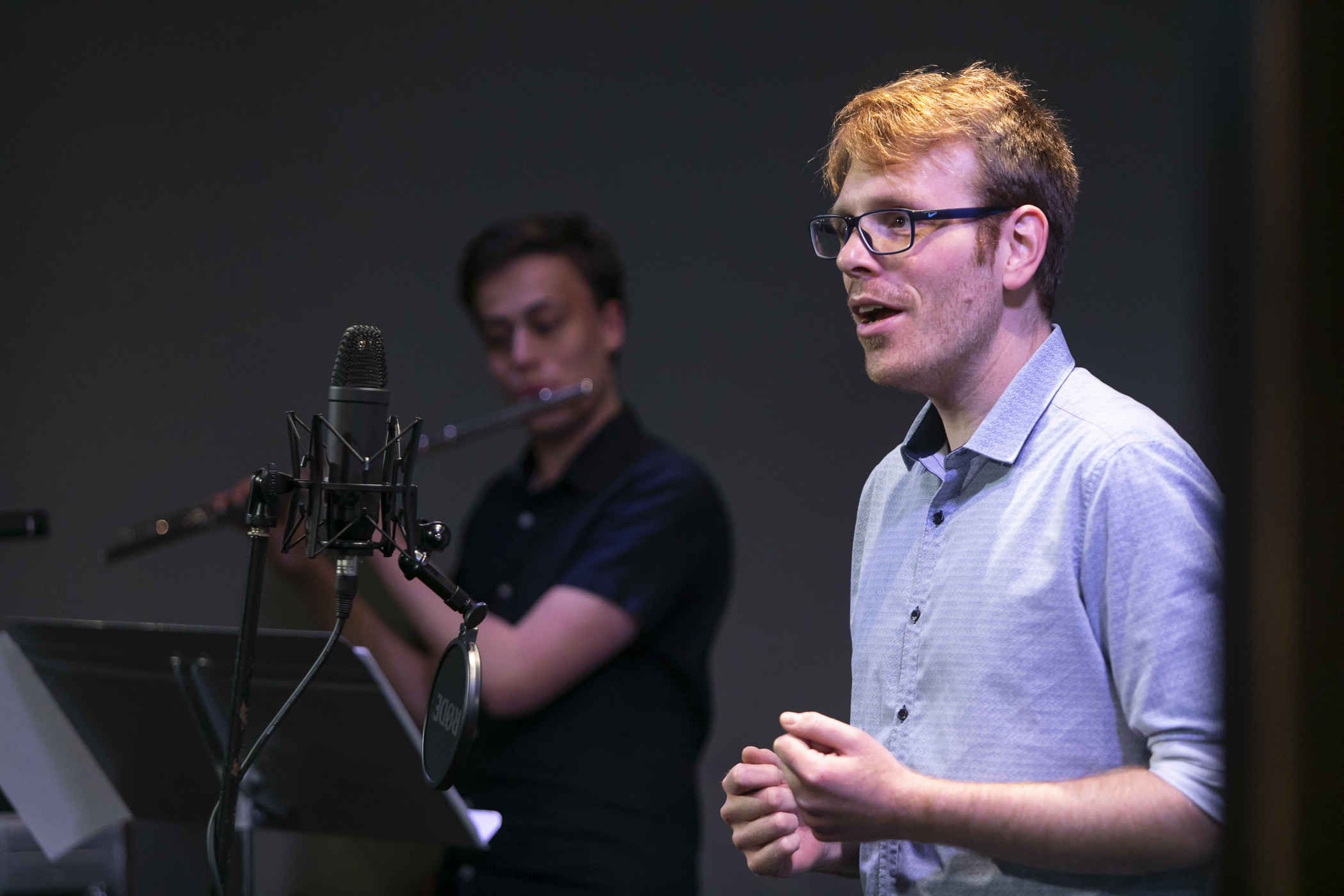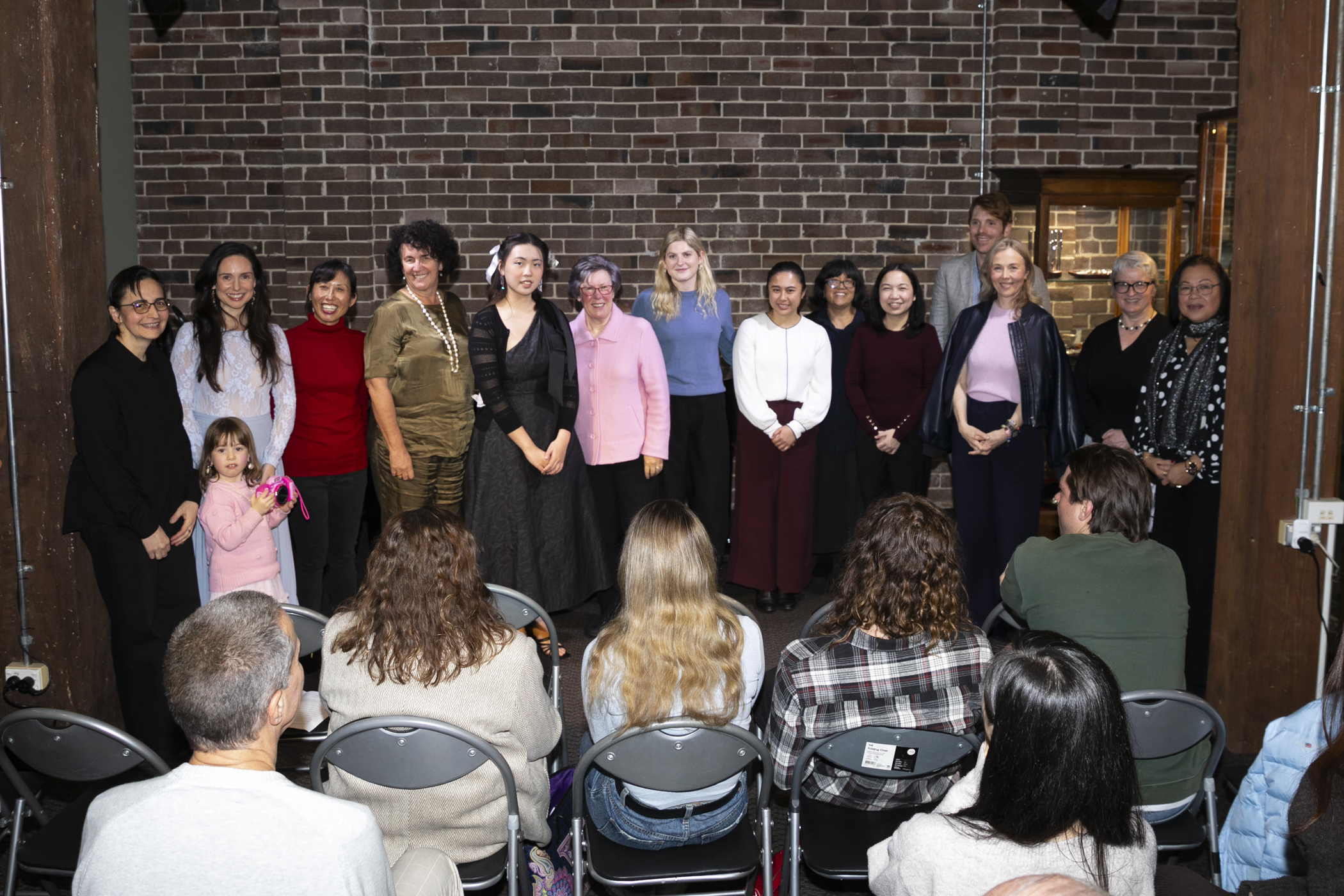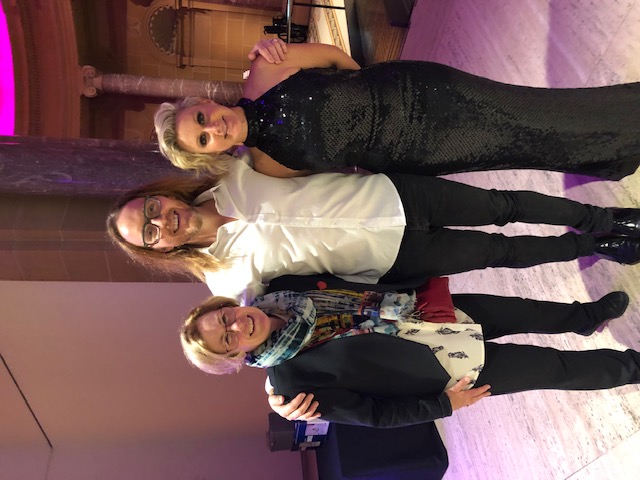What are your singing goals for next year? Our singers share theirs
As a new year approaches, it’s helpful to reflect on your singing achievements and plan your goals for the coming year. First, be sure to celebrate your achievements! As a singer, you’re taking risks others don’t. Putting yourself out there with your voice and performance takes courage, so do acknowledge this.
Singing furthers personal development too. As a singer, you’re constantly testing your limits and finding ways to learn about yourself and your experiences, while connecting with people – through your voice.
Being realistic about your goals helps you achieve them, as I’ve previously covered in this article about keeping your goals SMART (Specific, Measurable, Achievable, Relevant, Timebound). One way to be realistic is to break big goals into smaller, manageable tasks. I call it ‘target practice’ – building incremental, incidental singing practice into every day.
To inspire you, some of our studio singers share their singing goals for 2024
Open throat
Belinda Mar’s goals include performing Handel coloratura arias, and at open mics. To achieve these, she plans to work on keeping her throat open for consistent air flow to do justice to the arias.
Jay wants to achieve a clearer sound when singing, which also requires an open throat. Other goals include singing with more energy and learning fun, well-known songs. Celine will also work on a more open and resonant sound, and improving her diction.
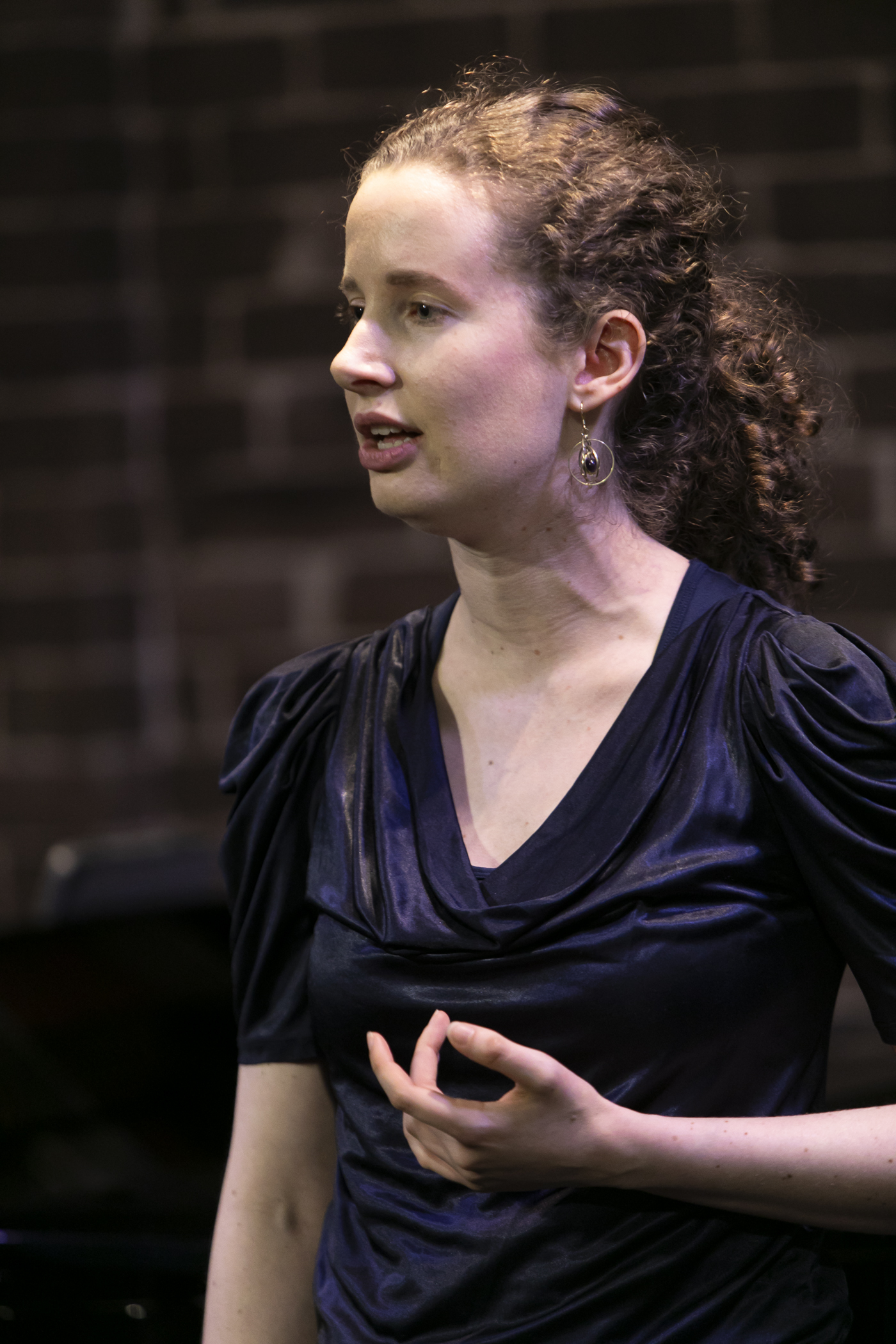
Gemma in our 2023 Studio Concert
Pitch, intervals and register shifts
Alex is working on transitions between registers and smoother intervals, along with a stronger head voice.
Singer-songwriter Gemma Lipman will work on singing complex intervals and improving her head voice and vocal agility, so she can write more interesting songs and challenge herself technically. Gemma is seeking my help through choosing songs, feedback on her original songs and the Loom exercise videos I produce.
Johnny Zhou aims to sing at one open mic by the end of 2024, so plans to work on his pitching. He’s seeking my critical feedback on areas for improvement and strategies to break down his practice into small parts to master before moving to the next.
Stronger head voice
Douglas Delaney wants to improve his all-round singing competence and specifically, achieve a smoother upper register.
Joanna Copeland also wants to improve her head voice, as well as tongue position and breathing, to better perform Benjamin Britten cabaret songs and some jazz
Breath support and stability
Virginia Muzik sings in a rock band and wants to improve her belt and forward placement, so she doesn’t sing from the throat. She also wants to strengthen her SPLAT and Accent Method Breathing techniques so when performance nerves hit, she has solid breath support to help stabilise her voice.
Jonathan Lim intends to work on improving pitch and stability across his range, as he works towards auditions. This also requires reliable breath support.
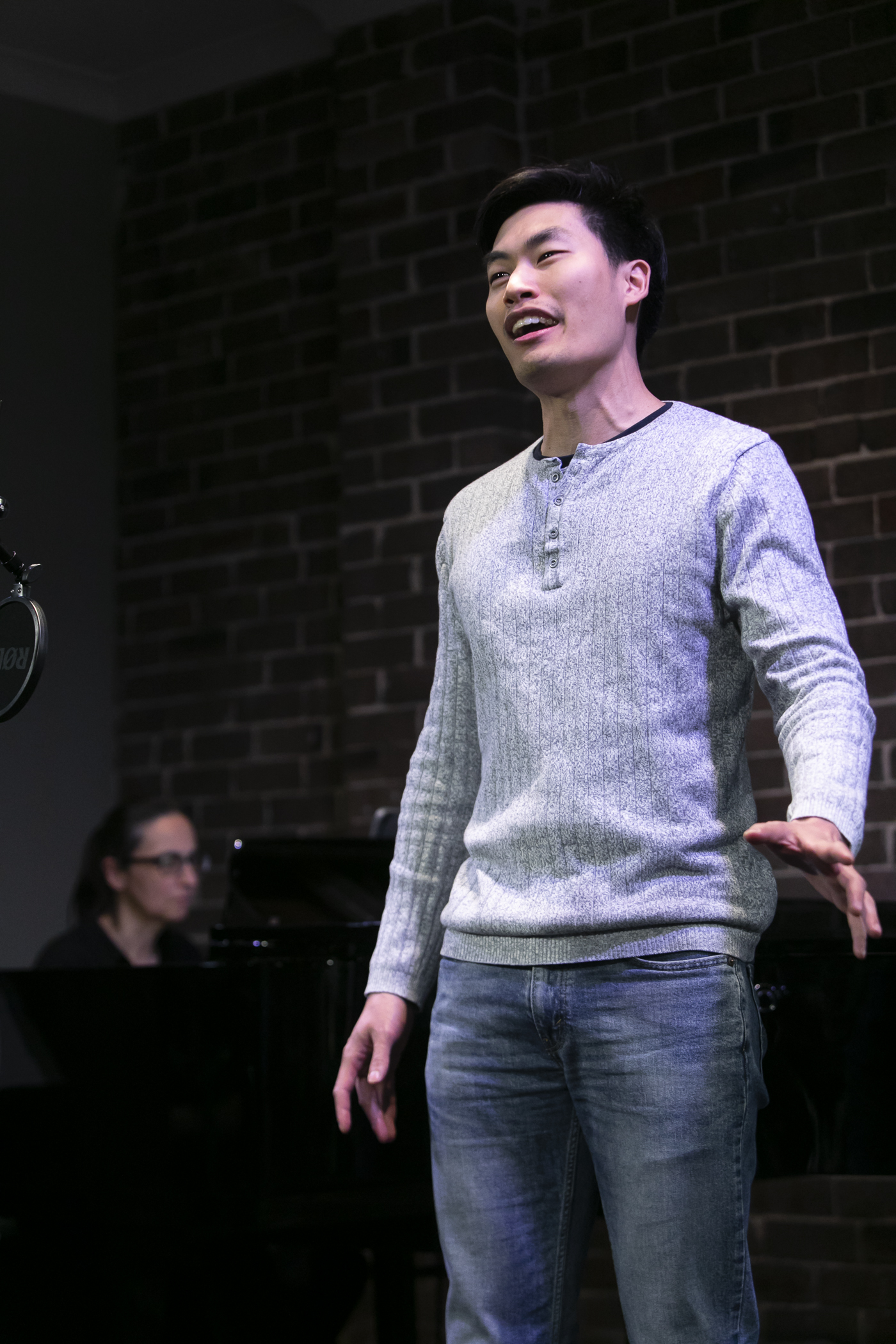
Jonathan in our 2023 Studio Concert
Relaxed jaw and tongue
Eugenia Munro’s main goal is to audition for the Sydney Philharmonic Choir, and as well as working on her breathing, she wants to release jaw tension.
Rynaldo Zain also plans to keep his tongue out of the way and his throat open. Having already noticed the difference a looser tongue makes to his tone and ease of singing, he plans to consolidate this improvement in 2024.
Remember, what may seem like only small improvements is still progress. Singer Ann McEwan will work on improving the little details of her technique as she journeys towards soloist level singing.
For these singers, singing is their primary source of expression in the world. Learning to sing is a cumulative process of gradually gaining mastery over small things until they become easier. The mastery of singing can be a jagged path but it can also be a journey of love, courage and intelligence. It’s this sort of union that binds the singers to their goals.
When you connect with the right teacher at the right time, you can achieve your singing goals and make some empowering breakthroughs. Browse Kathleen Connell’s in-person or online training options, or call 0402 409 106.
